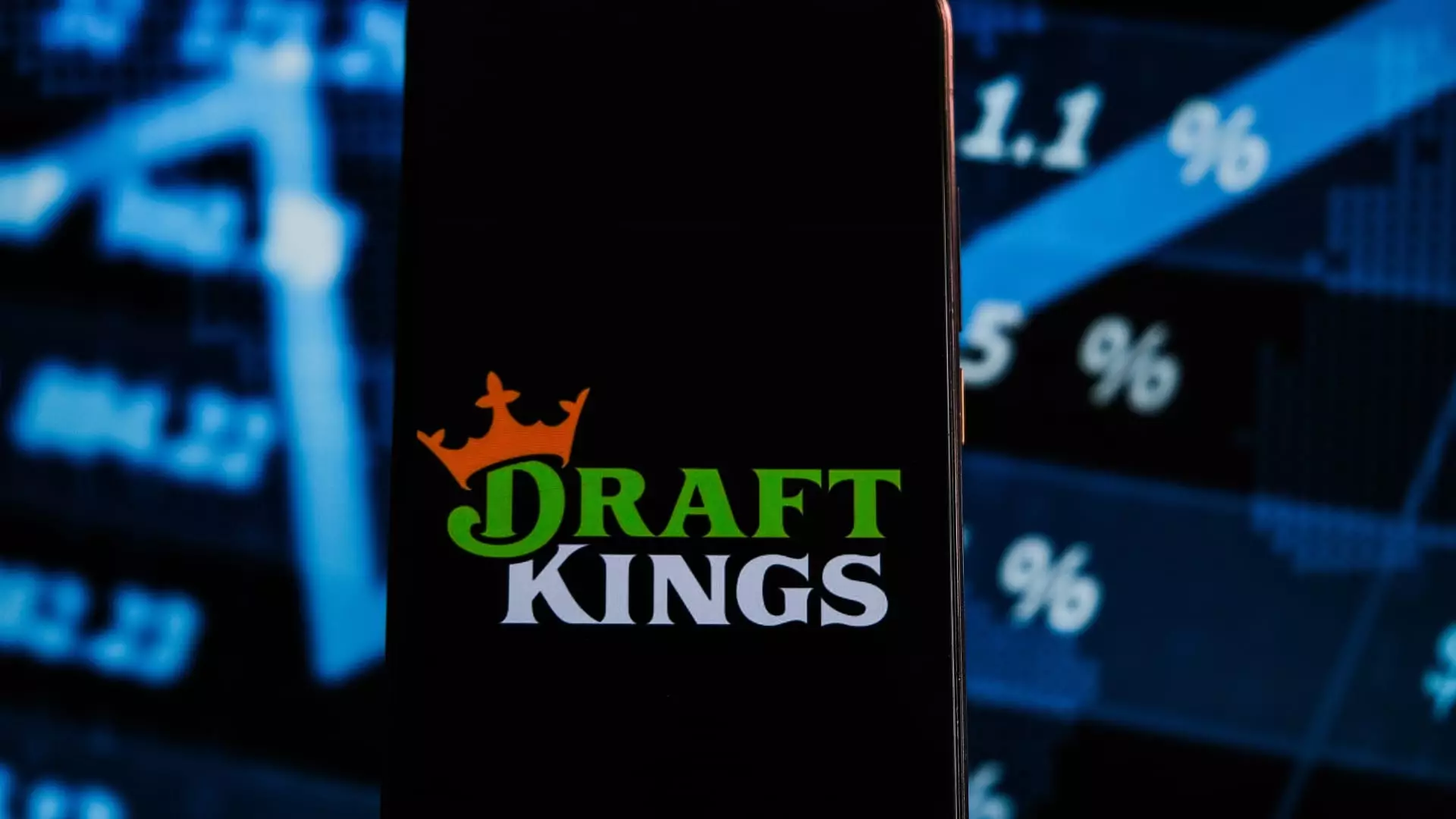The recent decision by Illinois lawmakers to impose steep taxes on online sports betting has sent shockwaves through the market, raising legitimate fears of a cascading effect across the nation. Investors recoiling at this unexpected fiscal maneuver are not merely reacting to the immediate consequences but are grappling with the broader ideological implications of government interference in a burgeoning industry that thrives on competition and innovation. Illinois, once a promising stronghold for sports betting, has signaled a toughening stance that could reshape the entire landscape, sparking concern that other states might be encouraged to follow suit.
Governor J.B. Pritzker’s endorsement of this tax hike—25 cents on the first 20 million bets and a staggering 50 cents thereafter—looks alarmingly like a desperate grab for revenue rather than a well-considered policy measure. By heavily taxing sports bets, Illinois risks alienating both customers and providers, stalling progress in an industry that had just started to flourish. This punitive tax regime effectively makes Illinois unwelcoming to both new investors and established players such as DraftKings and Flutter Entertainment, whose stocks have already suffered under the weight of increased financial expectations.
Taxation vs. Thriving Competition: A Concerning Trade-off
Truist analyst Barry Jonas aptly characterized the tax hike as a “last-minute surprise”, suggesting a lack of foresight on the part of Illinois lawmakers. This heavy-handed approach raises the question: can sports betting coexist with such draconian taxes? The irony is glaring; states that attempt to monetize this industry through excessive taxation are jeopardizing the very revenue streams they seek to enhance. High taxes don’t only stifle investment—they eradicate the competitive edge that made online sports betting so appealing in the first place.
What’s particularly troubling is the thought that this tax burden primarily impacts companies that are already sprawling. For smaller players, the impact may be “modest,” but given the aggressiveness of larger firms that can weather these storms, it seems almost predestined that smaller competitors will struggle to survive. This creates a financial landscape skewed towards monopolistic tendencies in a space that should champion diversity and innovation.
A Worrying Trend: The Call for Caution
With Wall Street now eyeing the situation with a combination of skepticism and concern, investors find themselves asking: who will step up next? If Illinois sets the precedent for online gambling taxation, every other state grappling with budget deficits may consider similar moves, inflating tax revenue at the expense of a vibrant industry. As states with varied tax rates—from the extortionate 51% in New Hampshire to a meager 6.75% in Nevada—observe Illinois’ unpredictable policy moves, one can’t help but feel that a troubling trend is looming on the horizon.
Only 27 states and D.C. currently embrace online sports betting, a figure that may dwindle if taxation becomes a common response to fiscal challenges. An expansive and flourishing sports betting market is rooted in a foundation of accessibility, competition, and innovation—traits that could quickly evaporate if lawmakers continue down this path of punitive taxation. The allure of digital sports betting may falter, not because of the market’s inherent weaknesses, but due to shortsighted government policies that fail to recognize the symbiotic relationship between state revenue and a thriving industry. As legislators weigh their options, a careful balance must be struck; the time for accountability and thoughtful governance is now.

